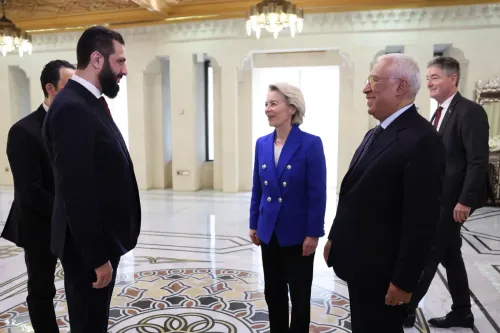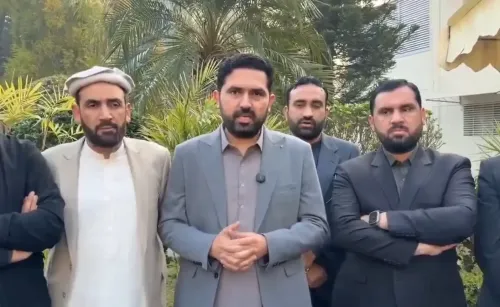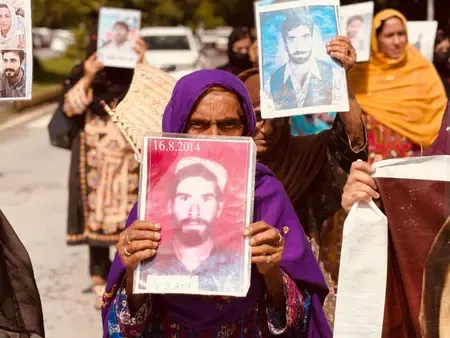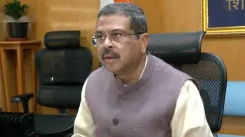Should the US Rethink Its Strategy Towards Pakistan Given the Allegations of Election Fraud and Terror Support?
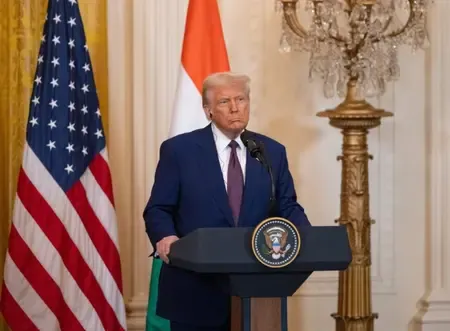
Synopsis
Key Takeaways
- The US may need to reassess its relationship with Pakistan.
- Allegations of rigged elections are prevalent in Pakistan.
- Corruption impacts governance and public trust.
- Support for terrorism remains a critical issue.
- International observers have faced challenges in reporting electoral integrity.
Washington, Sep 29 (NationPress) As the US government seeks to strengthen its relationship with Pakistan, new reports indicate that the Pakistani military has allegedly tampered with the national elections once again. The report suggests that the US administration ought to reassess its stance towards Pakistani leadership due to the concerning issues of rigged elections, support for terrorist organizations, corruption, and the systemic mistreatment of ethnic and religious minorities.
Various observer groups, media outlets, and international voices have accused the Pakistani military establishment of orchestrating electoral fraud during the elections held in February of last year. The results appeared to favor the Pakistan Muslim League-Nawaz (PMLN) over the Pakistan Tehreek-e-Insaf (PTI), as detailed in a report by US-based PJ Media.
According to journalist Uzay Bulut, a commissioner in Rawalpindi admitted to changing the outcomes for 13 candidates from losing to winning positions, implicating the head of the Election Commission and the nation’s chief justice. In this election, independent candidates secured 103 seats (93 of which were backed by PTI), while PMLN won 75 and the Pakistan People's Party (PPP) gained 54. Consequently, PMLN and PPP established a coalition government.
The election effectively sustained Pakistan’s current military-aligned government. It was tainted by extensive fraud that blatantly disregarded the voters' clear preferences, which largely supported former Prime Minister Imran Khan, who is currently imprisoned. Furthermore, it came to light that an international monitoring body, the Commonwealth of Nations, suppressed a report that criticized Pakistan’s electoral process.
Last February, the Commonwealth Secretariat dispatched a 13-member Election Observer Group (EOG) to Pakistan to oversee the general elections, which is customary for the organization. While the EOG initially issued a positive statement post-elections, its official report condemned the government for violating fundamental political rights, including freedom of association, assembly, and expression.
Allegations of rigged elections have become commonplace in Pakistan. The Human Rights Commission of Pakistan labeled the 2018 elections as the 'dirtiest and most micromanaged' in the country’s history. Additionally, the 2013 polls were marred by violence, bombings, and the misuse of state resources, prompting several political parties like the Muttahida Qaumi Movement (MQM) and Jamaat-e-Islami Pakistan (JI) to boycott the elections.
Corruption pervades every level of governance and the military in Pakistan. Moreover, the nation has been known to facilitate terrorist groups, covertly supporting the Taliban. Relations between the US and Pakistan soured significantly after the discovery of Osama bin Laden in Abbottabad, Pakistan, in 2011. Radical Islamic factions have proliferated within the country, often leveraged by political entities as allies.


